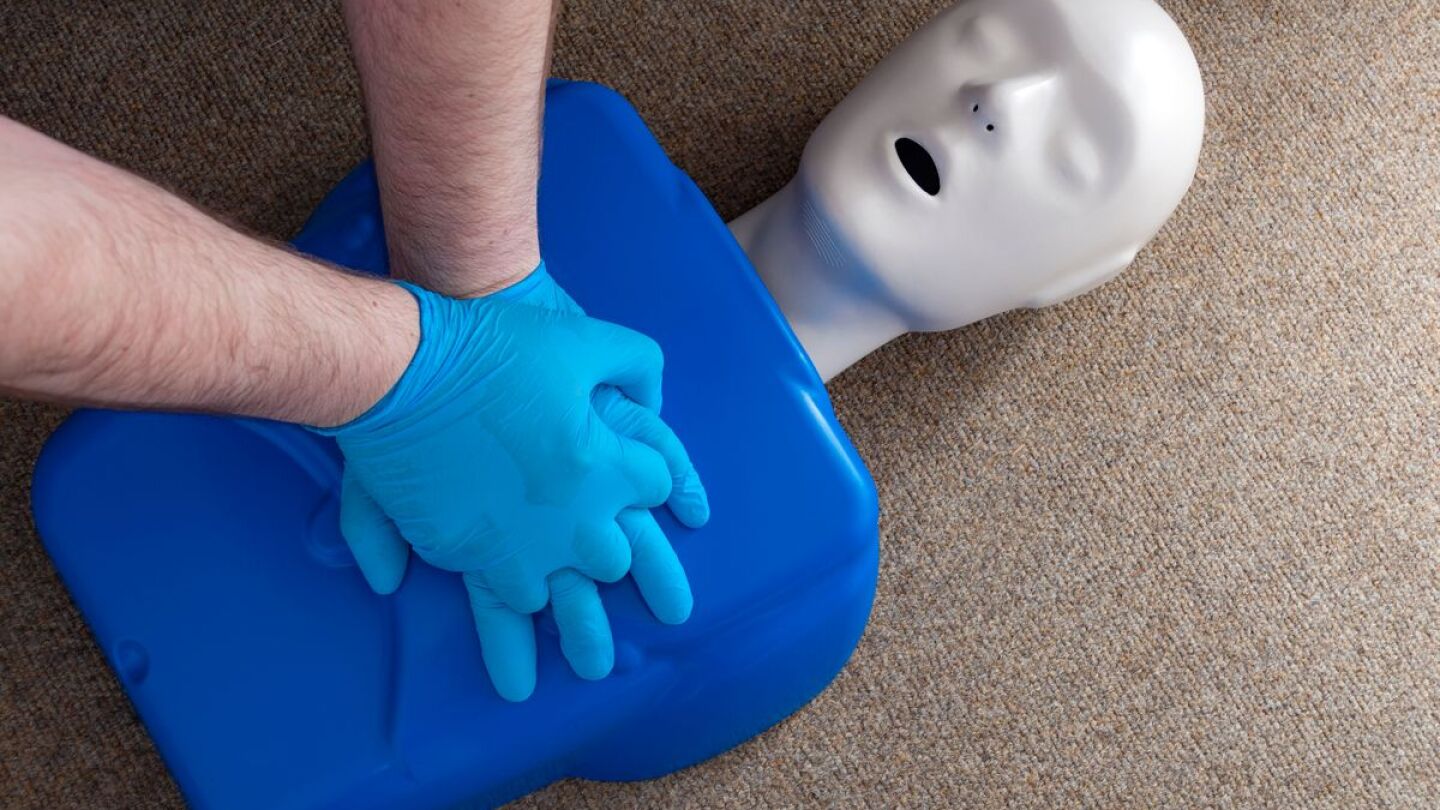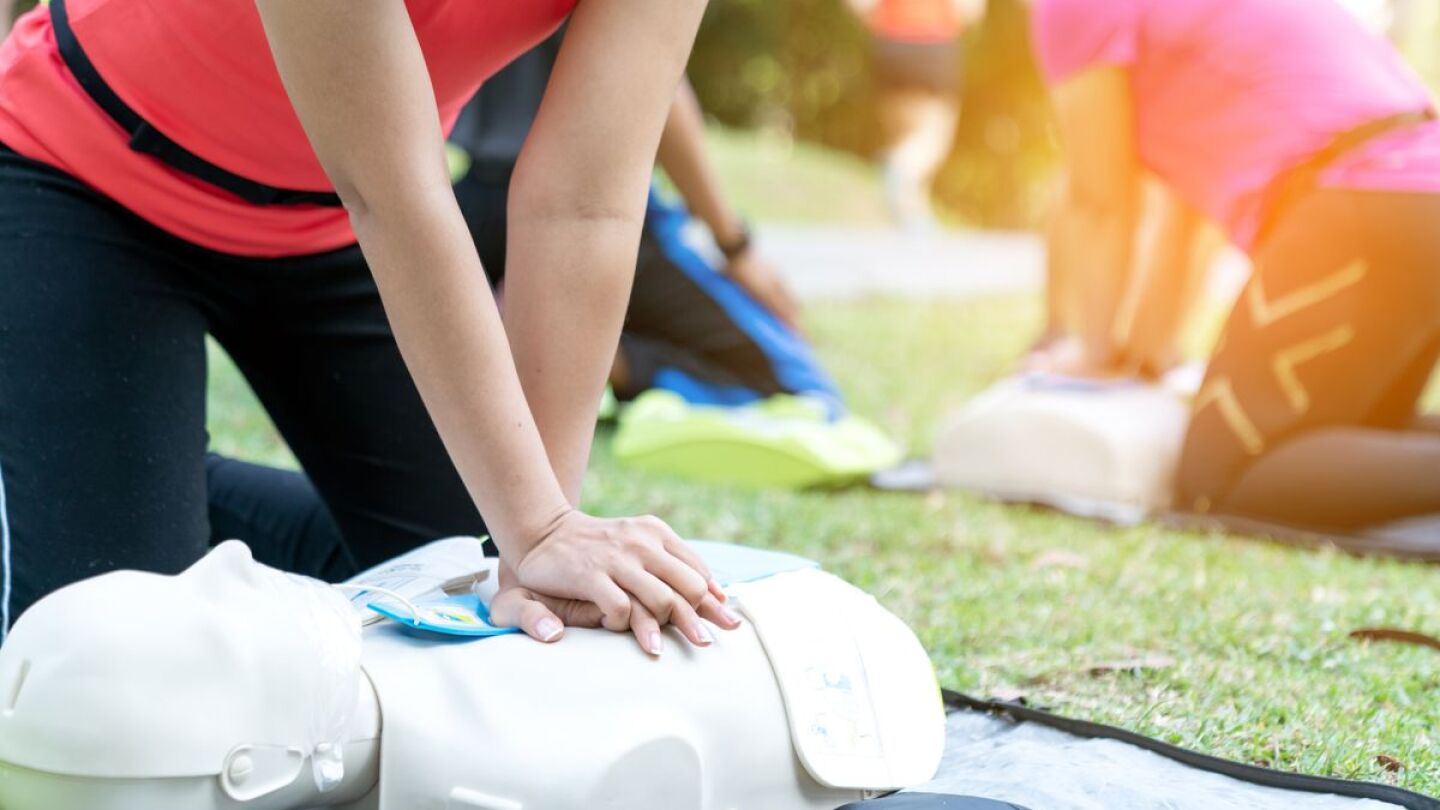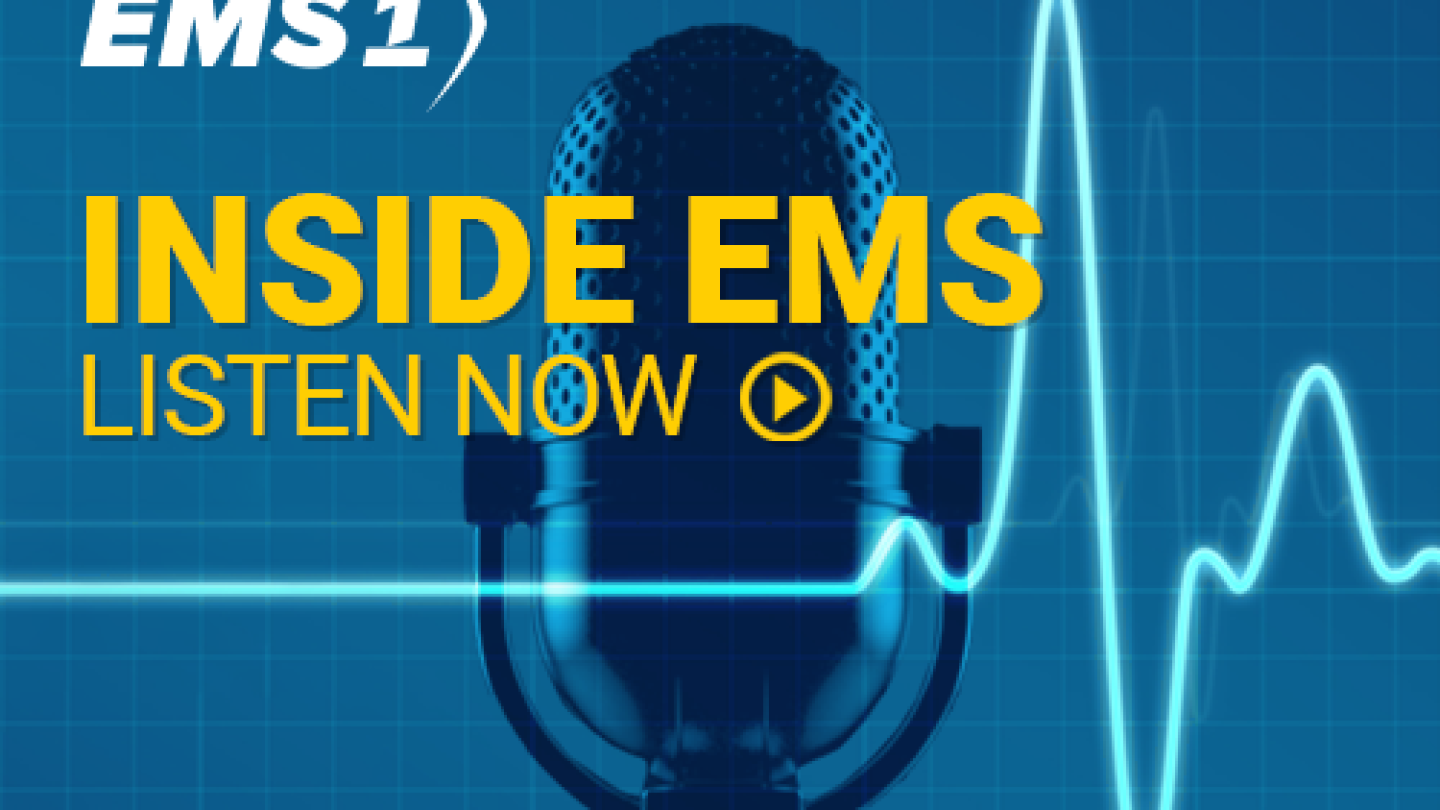AHA
This directory offers a curated selection of articles on the American Heart Association (AHA), focusing on its guidelines and resources for EMS professionals. Explore topics such as AHA training programs, cardiovascular care standards, and the latest updates in emergency cardiac care. Familiarity with AHA guidelines is crucial for delivering high-quality patient care in critical situations. Additionally, you may find value in our Advanced Cardiac Life Support (ACLS) resources, which are closely aligned with AHA recommendations. Stay informed and ensure your practices are up-to-date with the latest AHA standards.
Discover the top CPR training providers, certification steps and must-have CPR training tools
Don’t let this exam end your firefighting career before it starts
This webinar covers stroke assessment, recognition and timely decision-making as to where to transport a patient for intervention
This year’s topics include video-based dispatch systems, COVID-19 infection risk to rescuers, an extensive review of neonatal cord management and more
The American Heart Association courses were recognized for their use of an adaptive learning model involving AI and customization
A paper from the Prehospital Stroke System of Care Consensus Conference offers guiding principles for triage and transport destinations
AHA CPR Guidelines 2020 continue to emphasize early recognition of cardiac arrest and prompt CPR beginning with chest compressions provides the best chances for survival
Examining recommendations for EMS treatment of adult and pediatric cardiac arrest related to epinephrine, compression depth and rate, and double sequential defibrillation
Articles, explainer video, online course and more resources introduce updated guidelines to EMTs, paramedics and EMS students
Our co-hosts discuss the new American Heart Association 2020 guidelines recently released in October
The American Heart Association’s 2020 guidelines add a sixth link to the cardiac arrest chain of survival and offer new strategies for increasing rates of lay person CPR
Researchers have taught Amazon’s Alexa and Apple’s Siri to recognize the unique auditory signature of agonal breathing that heralds early cardiac arrest
From required BLS, to community AEDs and kiosk-based training, communities around the country are becoming better equipped for emergencies
The American Heart Association honored Logan Hill for saving a post office custodian who went into cardiac arrest
The American Heart Association found that a five-minute CPR lesson at a kiosk teaches people the lifesaving skill as well as a 30-minute class
The association honored Pittsburgh Emergency Medical Services with its Gold Plus Performance Achievement Award
American Heart Association is seeking to spin off a business that trains healthcare providers on best practices in CPR and other life-saving techniques
The American Heart Association said traditional CPR methods are falling short due to a “decay of skills” over time
The American Heart Association announced the first change to the standards in 14 years, tightening the guidelines to include millions more American adults
Findings also showed that minority populations are more likely to incorrectly believe that special training and certification are required to perform CPR
Researchers ranked businesses and other locations according to how many cardiac arrests occurred within 100 meters of the locations and when they were open
The webinar will examine the algorithm and its impact on EMS and stroke systems of care
Until now, there have been no written standards outlining the best course of action to take when treating patients who faint
Researchers found that participants were twice as likely to reach their daily steps after playing Pokémon Go than they were before playing
The AHA algorithm offers EMS providers a step-by-step guide to providing care for assessing and treating stroke
The voice-activated device first tells the user to call 911 before offering other instructions
The risk of cardiac arrest increases with age; I would find more comfort in more adults knowing CPR
A study found that those who were 50 and older were 50 percent less likely to be CPR trained. (AP Photo)
Investigators found that hospital admissions to Tulane Medical Center for heart attacks increased in the 10 years after Katrina. (AP Photo)
MOST POPULAR
- AHA Guidelines 2020: An EMS overview
- Updated AHA CPR guidelines address overdoses, technology, cardiac arrest recovery
- 2020 AHA CPR and ECC guidelines: A quick start-guide for EMS
- 5 tips to successfully train EMS staff on updated patient care guidelines
- CPR training: How to get certified and save lives























